IED Barcelona
IED Arts and IED Diplomas are post-secondary school courses with obligatory attendance, designed for a limited number of students who want to take their talent and creativity and transform them into a profession, as well as to acquire knowledge as a means of constructing the personal, professional and social project for their own lives. The training aims at achieving three basic objectives: knowledge of technologies, of materials and of design culture, the ability to understand the market and its requirements and the ability to communicate the qualities of design. The first year is devoted to acquiring the basic methodology necessary for students to adopt the right approach to creative work. In the years that follow, there is a more tense focus on design activities developed on the base of real client briefs, supported by the guidance of lecturers and by the supervision of consultants in the field in question. The well-established relationship between IED and the working world enables students to take part in events, seminars and competitions: often real working experience that culminates in dissertation projects.
Masters Design For Artificial Intelligence
The Design for Artificial Intelligence tras professionals to lead the design of products and services that can tegrate solutions related to artificial intelligence. Based on the aim of facilitatg its use by people and companies, the course is aimed at optimisg the conceptualisation, design and development of new products and services and ensurg an ethical approach all phases of the process.
applying artificial intelligence has come to define an environment which the continuous teraction of telligent formation management and analysis systems can help to predict the needs and desires of customers real time. This opens up enormous possibilities for the creation of a generation of products and services that are capable of offering creased personalisation, as well as new and better user experiences.
The programme aims to cover the growg need for new digital skills to adapt to new environments. It provides an overall view that helps to align the creation potential of developers with the needs and preferences of customers based on a knowledge of technological context.
• The course is organized related and confluent blocks which the necessary contents are developed to achieve the objectives set. All this with the guidg thread of different projects elaborated throughout the entire course in order to explore and strengthen what has been studied the blocks.
• Throughout the course, sessions are also held visits, workshops, round tables or conferences.
• Copy of DNI (Spanish students) or passport (foreign students).
• Copy of university degree (bachelor’s, degree or equivalent).
• Letter of motivation in the language of the Master’s degree course.
• CV in the language of the Master’s degree course specifying language and IT skills.
• Language certificate: Courses in English require an intermediate level, corresponding to TOEFL or IELTS 6.5. Courses in Spanish require a B2 language level. If a prospective student has neither of these certificates, his or her language skills will be assessed in a face-to-face interview or via a Skype call.
• Portfolio for creative Master’s degree courses and/or admission exercise if required.
Requirements to get a Spanish student visa?
Before you schedule an appointment at the Spanish Embassy in your country there are a few documents you need to have ready. These visa preparation documents highly vary per nationality and sometimes even per state department of your country. See here a list of requirements that usually need to be presented.
• National visa application form
• Biometric pictures
• Passport with expiry date at least 6 months past the date you are applying for
• Health Insurance Letter from Spanish provider
• Medical Examination, following the current requirements of the Spanish Health Association
• Accommodation Letter
• Bank statement, showing that you can financially sustain yourself during your whole stay in Spain (this amount varies every year, contact us for the up-to-date requirements)
• Invitation and offer letter from a Spanish academic institution
• Visa fees paid
• Most of these documents need to be translated into Spanish by a sworn translator and legalized by the notary or Spanish authorities, depending on your country of origin.
LEAP has a visa success rate of 95%. Contact one of you educational experts to enlarge your acceptance chance



